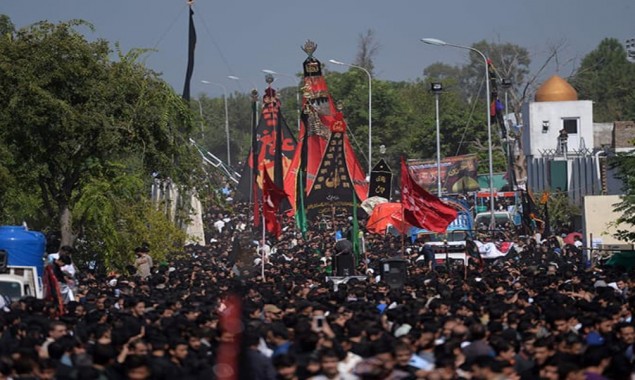
Muharram is one of Muslims’ most important months, and marks the beginning of the Islamic New Year based on the lunar Hijri calendar, and is considered a holy month, second only to Ramadan in its importance.
Importance of Muharram:
‘Indeed, the number of months with Allah is twelve [lunar] months in the register of Allah [from] the day He created the heavens and the earth; of these, four are sacred. That is the correct religion, so do not wrong yourselves during them…’ (Qur’an, 9:36)
Regarding this verse, Ibn Katheer (RH) explains, ‘Allah has chosen elites from His creation: from among the angels He chose Messengers, from among mankind He chose Messengers, from among speech He chose remembrance of Him (dhikr), from among spaces on earth He chose the mosques, from among the months He chose Ramadan and the sacred months…So, venerate that which has been chosen by Allah, for people of understanding and wisdom respect that which has been chosen by Him’. (Tafseer Ibn Katheer)
Therefore, Muharram is important simply because Allah has chosen it to be so. He orders us not to ‘wrong ourselves’ during this holy month, which basically means to ensure we have good intentions and moral conduct and don’t fall into sin.
Other important Islamic Months:
Allah has also chosen Rajab, Dhul-Qa’dah, and Dhul-Hijjah as sacred months.
Historically, one of the practical effects of being sacred to Dhul-Qa’dah, Dhul-Hijjah and Muharram were that pilgrims would be able to conduct Hajj freely without fear of banditry or battle. During Dhul-Qa’dah, combat was prohibited when they would travel to make the Hajj; Dhul-Hijjah, when they would conduct Hajj in Makkah and its surroundings.
Benefits of Muharram:
Even though many of us recognize the significance of the Ramadan month, we may also neglect the holy months. They give us therefore a multitude of opportunities to pursue Allah’s grace and favor, the likes of which can not be found at any other time of the year. They were specifically chosen by Allah Himself as the best times to draw nearer to Him.
As described before, during Muharram our deeds carry more weight just as they carry more weight in the Ka’bah and surrounding area. Thus, with our bad deeds, there is the potential to earn more reward every day; but also the risk of having more sins. This means that when it comes to how we behave, whether in our ties, at work, in our worship, in our time management, we should be extra careful.
Why do Muslims mourn in Muharram?
The real story behind Muharram’s mourning is heart-wrenching. The fierce Battle of Karbala took place on the 10th day of Muharram, also called Ashura, in the 61st year of the Islamic calendar. The war was fought between a group of supporters and relatives of Imam Hussain (R.A), grandson of Prophet Muhammad (P.B.U.H), and Yazid I, the Umayyad caliph, a much larger force.
The modest army of Imam Hussain (R.A) consisted only of his friends and family including women and young children. Yet a heavily armed enemy force of thousands surrounded them. They captured Imam Hussain (R.A) and his companions, and for three successive days deprived them of water and food in the desert heat. Imam Hussain (R.A) and his 6-year-old son were brutally killed by the barbaric soldiers and taken the women as captives.
Whether Muslims celebrate the beginning of the Islamic New Year or lamenting the loss of life, Muharram is an important and holy month for everyone. Many Muslims fast, give extra prayers, and spend long hours in the mosque.
With all its complexities, Muharram will always be a month of profound contemplation for Muslims worldwide.
Read More News On
Catch all the Religion News, Breaking News Event and Latest News Updates on The BOL News
Download The BOL News App to get the Daily News Update & Follow us on Google News.




